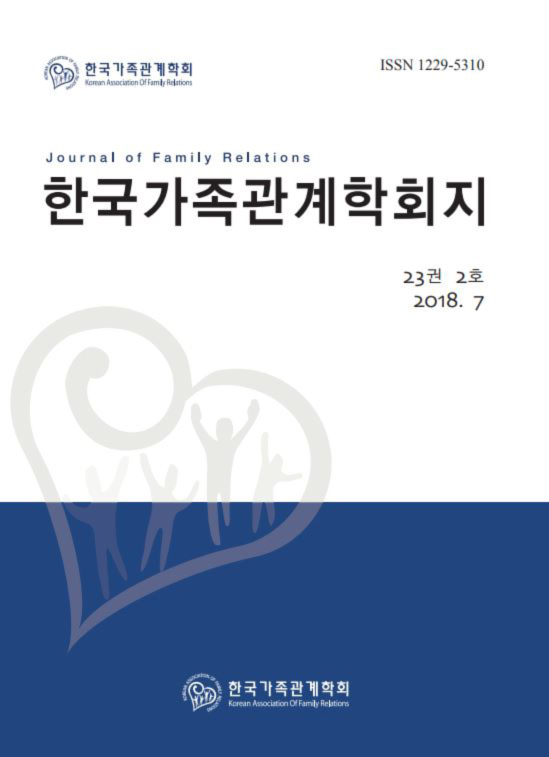Objectives: The study aims to examine the influence of university students’ sociodemographic variables, parents’ variables, and personal variables on their level of depression. Method: The study included a total of 334 university students enrolled in Busan. The data were used to perform correlational analysis and hierarchical regression analysis and were processed using the SPSS 23.0 program. Results: The main results of this study were as follows: First, the hierarchical regression analyses revealed that the most influential model was the model of personal variables. Among the personal variables, self-esteem was the most influential factor responsible for university students developing depression―the higher their level of self-esteem, the lower their level of depression. Among the parent variables, attachment to their father was the second most significant influence on the depression level of university students. Conclusions: This study showed that, in addition to attachment to their father, their self-esteem was highly significant in predicting university students’ depression. The results of these findings have implications for future research in the form of programs and education to improve the relationship with fathers. Furthermore, the results of this study could be used to help and provide basic resources to alleviate and prevent university students’ depression by strengthening their self-esteem.


